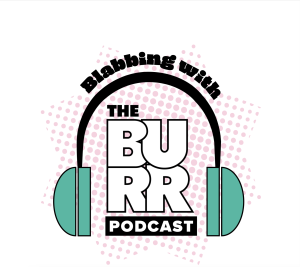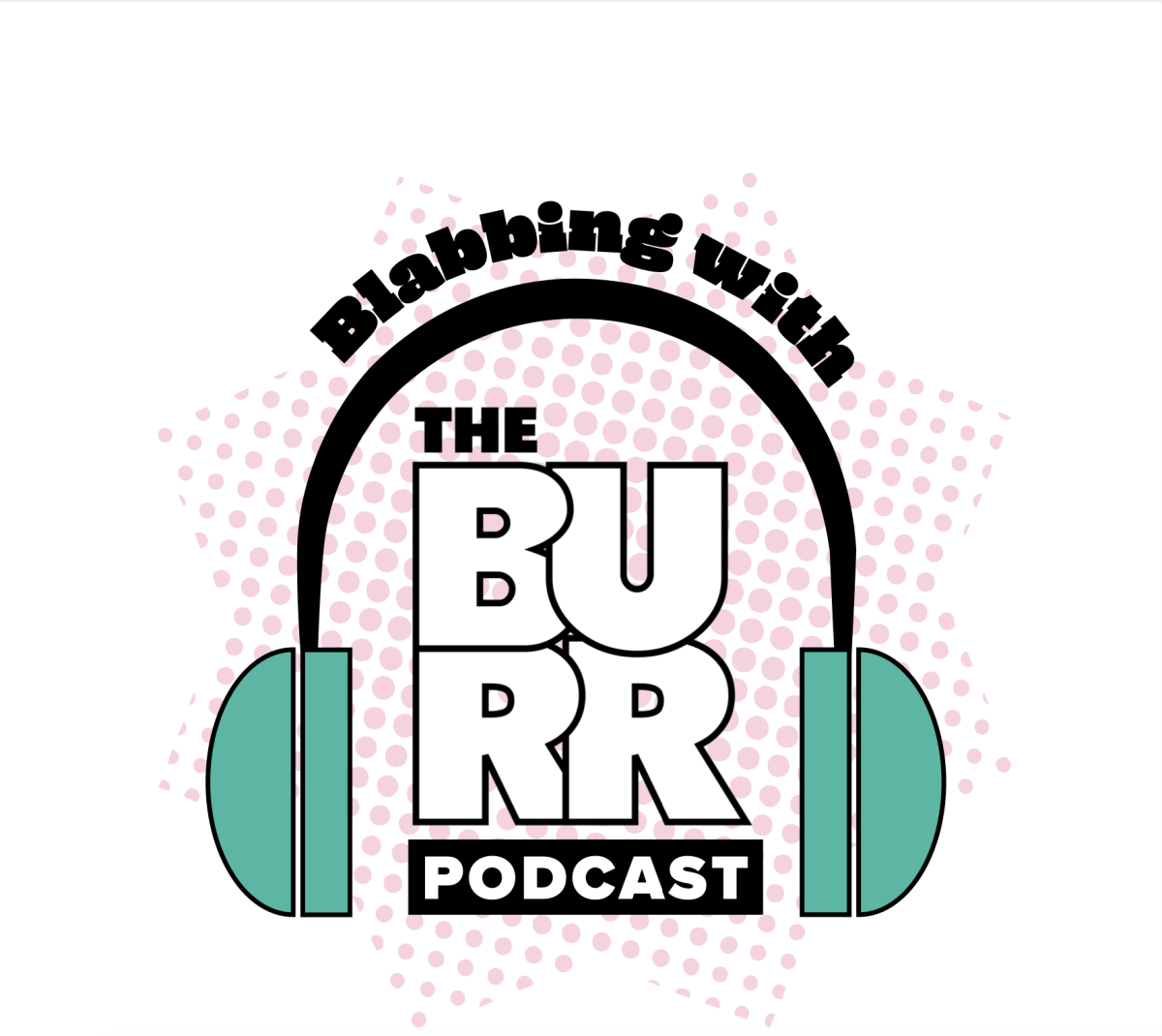Illustration by Preston Randall
It is Sunday night. You are scrolling through your Instagram feed, and it hits you: you have two pages of homework and studying to do for an important exam tomorrow. You rush to your backpack and grab your textbook and notebook. You begin to skim through the material and fill in the homework answers as fast as you can. Your heart races as you struggle to process all of the information. You scan the textbook a couple more times, and then you get ready for bed. In the morning, you go to school like normal and forget about the exam until you get to class. As the teacher hands out the exam, you become nervous and start to sweat. When the exam reaches you, you look over the questions and realize that you did not retain the information from last night. You fill in the bubbles the best you can, but you are not very confident with your answers. A few days later, your teacher hands back your graded exam. You failed.
Rachael Blasiman, a psychology professor at Kent State Salem, says that in general, studying should be active and not passive. She defines passive learning as rereading notes or textbook chapters, copying notes and highlighting notes or chapters. Your mind can be somewhere else while you are practicing any of these techniques, so you are not really learning. Alternatively, Blasiman says active learning is much better, because it forces you to engage and interact with what you are learning. This can include asking questions about the material, relating it to your own personal experiences, making connections to things you have learned about in the past or coming up with your own examples of something.
When planning to study, Blasiman says there are three best practices: distributed practice, interleaved practice and practice testing. Distributed practice is spreading out your studying over time, while interleaved practice means mixing it up, so that you are studying more than just one thing at a time. Finally, practice testing means repeatedly retrieving the information from your long-term memory. For some classes, flashcards will be perfect for this. In other classes, practice essays will be better. Blasiman advises students to adapt studying to different classes and especially to different forms of testing. For example, you might study differently for a multiple choice exam then for an essay exam.
Sleep is really important. No one seems to get enough sleep, but you need quality sleep in order to learn. Blasiman says you should always try to get at least two or three hours of sleep in between the time you study something and are tested on it. This is because memories are consolidated and organized while you are in REM sleep.
Cramming can cause anxiety and frustration, and it goes against how memories are organized and constructed. Blasiman says to get information into your long-term memory, you need to get some sleep. In addition, you can not really complete much repeated practice if you are studying at the last minute. Remember, you are paying tuition to learn, and you are not learning if you are cramming — that information is lost to you in the long term. Plus, cramming generally results in lower grades, and no one wants that.
Your professors want you to succeed, both in class and after you graduate, and learning how to study information effectively is something everyone should know. Even if cramming worked for you in the past, it is not going to work on complicated material in your major. Use active learning, distributed practice, interleaved practice and practice testing and do not use passive learning or cramming.
Responses from 60 students, who are in college and high school, across a few states, were collected via Google Forms. The students were asked to suggest study skills and habits that help prevent cramming and why they think cramming for tests is harmful. Additionally, the respondents also provided how much time they study each day. The average studying time from these students was about half an hour to an hour at the most each day.
Temperance Dollica from Pittsburgh University, a sophomore nursing major, says, “Typically, you tend to retain much less information than you would with a normal study session. Also, it causes more anxiety than necessary.” Overall, the answers were more or less the same, with a few admitting that the stress brought on by cramming actually drove them to work harder.
Amber Harris, a senior psychology major from Virginia University, uses some other positive study habits.,
“A study skill I have is by chewing gum while studying, because it takes away from wanting to fidget and move around a lot,” she says. “Also, a study trick I have is after writing down information from a lecture, I read over what we just talked about that day, and then when an exam or quiz comes around, you simply just go over ideas that didn’t come to you easily.” This study skill is backed by science.
Katie McFarland, a junior at Salem High School, suggests, “Getting and using a planner, planning out your days on the calendar app, getting or making fidget toys (scientifically proven to help people with ADD/ADHD focus), setting up a designated study space, being mindful about your needs and who you are and taking that into account when planning your days (i.e. how much sleep you need, whether you crash at a certain point of the day, how caffeine affects you, whether you focus better before versus after exercise, etc).”
















